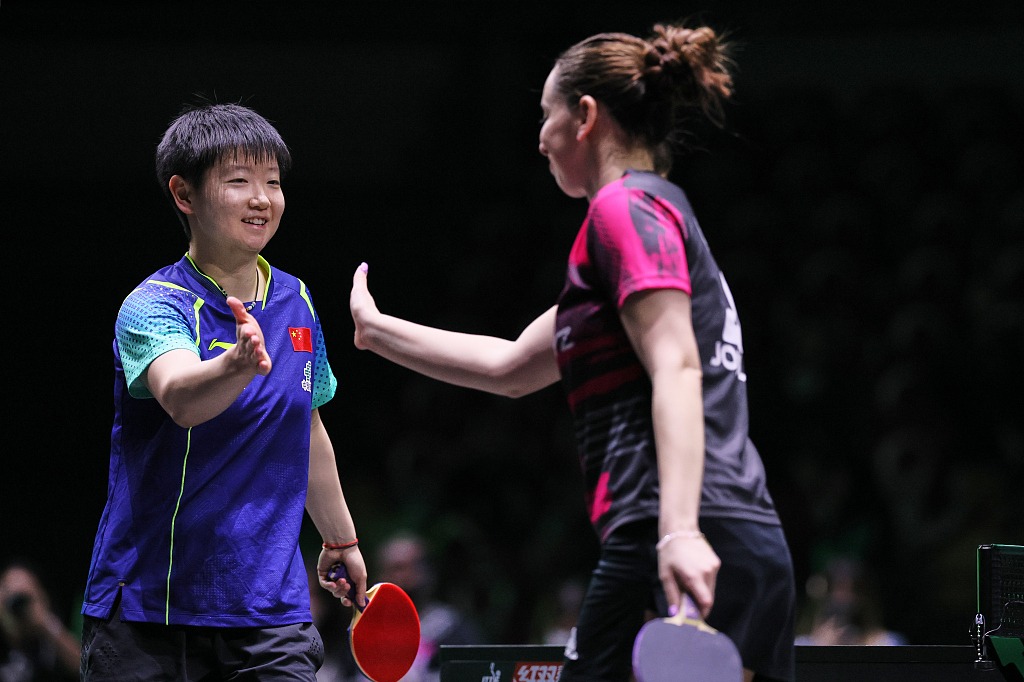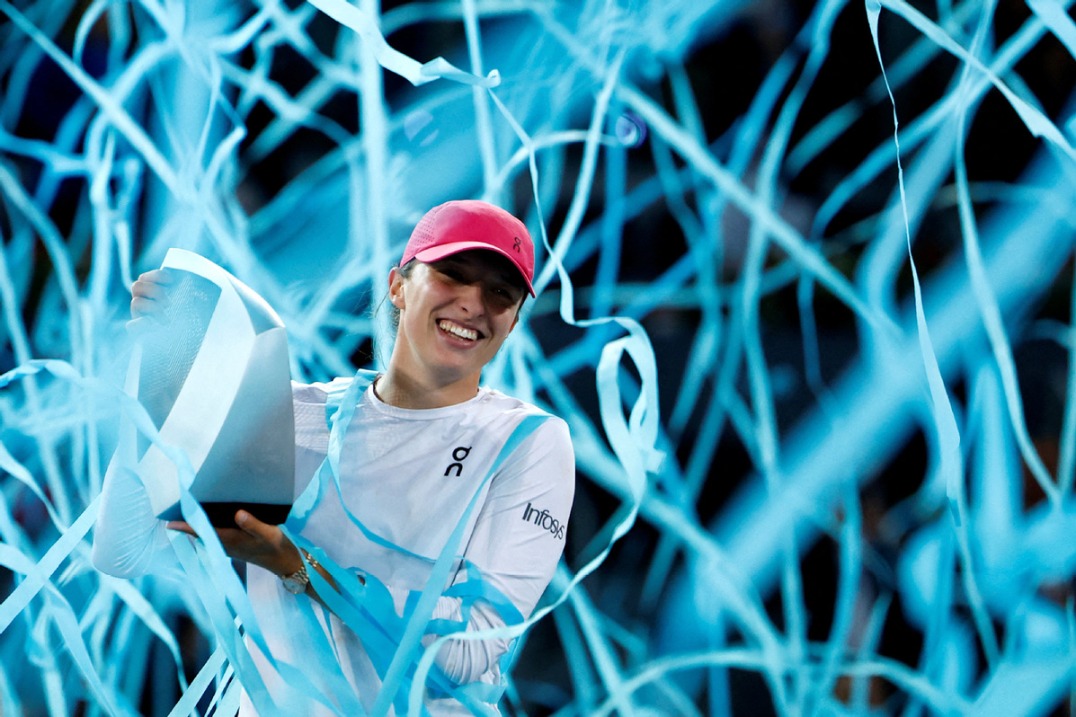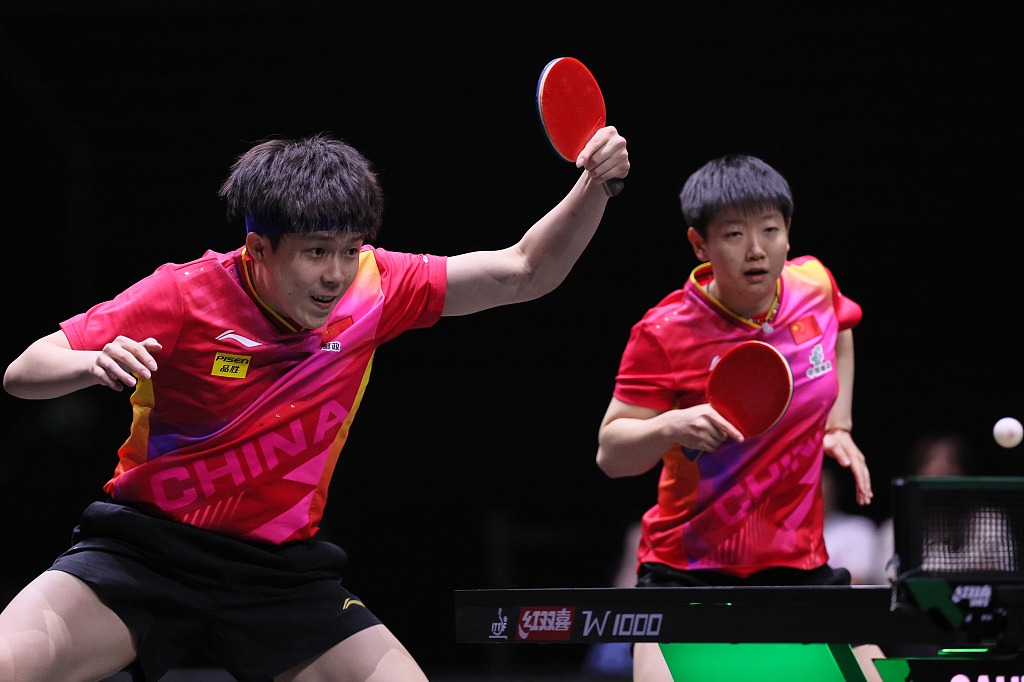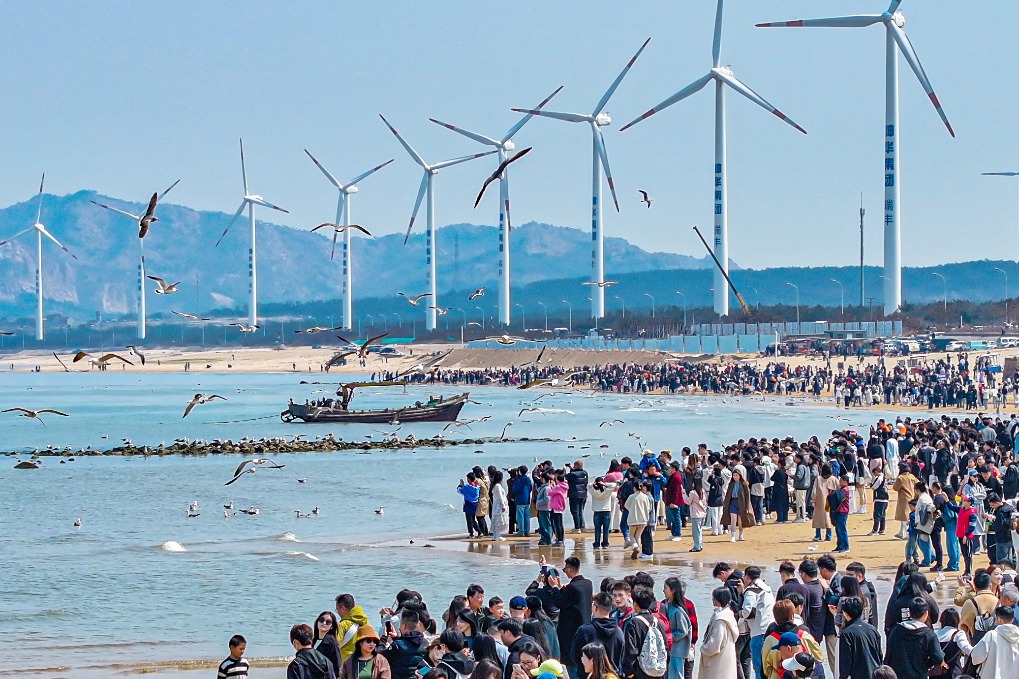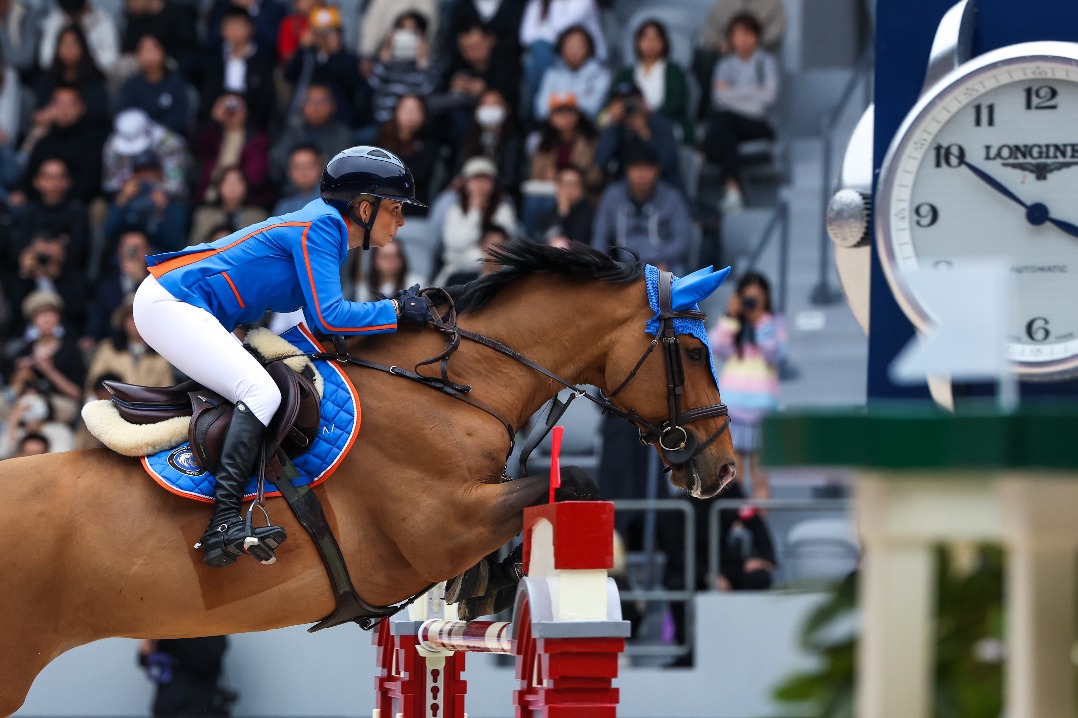CFA applies brakes to spending spree

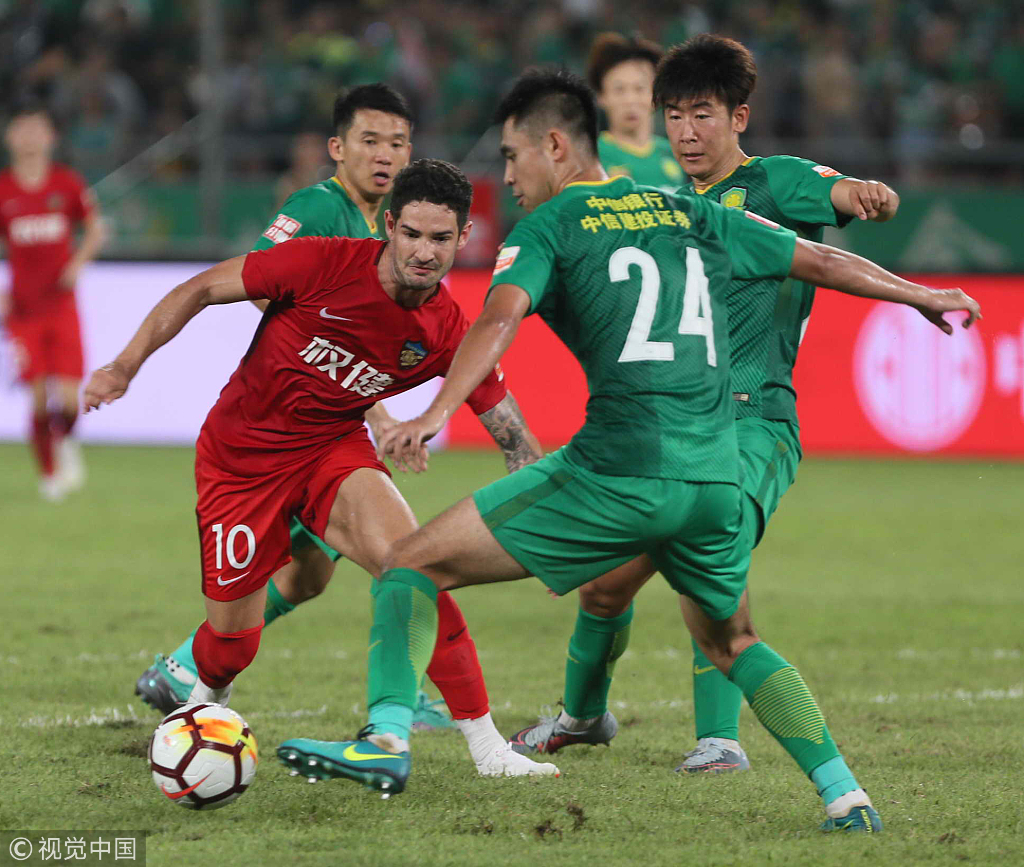
Player salary caps and tighter regulations spell end for CSL clubs' big-money deals
Chinese soccer's big-spending days are officially numbered.
Following months of speculation that a new era of frugality was on the way, the Chinese Football Association on Thursday confirmed a series of purse-tightening measures, including salary caps and a clampdown on rule-dodging "yin and yang" contracts.
It's hoped the regulations, which follow previously introduced controls on foreign-player fees, signal an end to the lavish spending that has been blamed for the lack of homegrown talent emerging in the domestic game.
From next season, Chinese Super League clubs will have to adhere to a before-tax salary cap of 10 million yuan ($1.4 million) for domestic players, subject to a 20 percent increase for national team players who feature at the 2019 Asian Cup and 2022 World Cup qualifiers.
A club's total salary bill for first-team and reserve players should not exceed 65 percent of its total expenditure for 2019. That will decrease to 60 percent in 2020 and 55 percent in 2021.
Each club's total expenditure must not exceed 1.2 billion yuan in 2019, 1.1 billion yuan in 2020 and 900 million in 2021.
Next season, individual investors will be limited to injecting 650 million yuan into a team. Again the number declines over the next two years-560 million yuan and 300 million yuan respectively.
Club deficit limits have been set at similarly tiered amounts for the next three seasons-320 million yuan, 290 million yuan and 270 million yuan.
Penalties for not meeting the new standards include a cut in a club's new-signing quota for both domestic or international players during a transfer window.
Similar spending limits will also be introduced in the second-and third-tier leagues from next season.
"During the process of China's dramatic soccer market development, many problems have arisen, including excessive spending, clubs' deficits, exorbitant transfer fees, and insufficient infrastructure construction and youth training," said Du Zhaocai, deputy director of the General Administration of Sports of China.
"That shows the urgent need and importance of supervising clubs' finances. Domestic clubs can learn from the world's elite to boost the comprehensive, healthy and sustainable development of the Chinese game."
The CFA is also moving to eradicate so-called "yin and yang" contracts and tax evasion.
"Yin and yang" deals involve players or coaches signing a secret additional contract with a club in order to receive a higher salary or bonus, with the figures on the original, official contract complying with regulations.
"The association will introduce countermeasures to tackle problems such as excessively high salary, bonuses and transfer fees," said Li Yuyi, the deputy president of the CFA and chairman of the CSL.
"We will also launch a series of financial supervision regulations to uncover any 'yin and yang' contracts."
The CSL's transfer market has long been considered overheated, with the splurge on foreign players reaching its zenith in 2016 when Shanghai SIPG splashed $69 million on Brazilian Oscar and a further $62 million on his compatriot Hulk.
Many fans and experts have blamed the excessive fees and wages on Team China's continuing struggles, with failure to qualify for this summer's World Cup in Russia and an apparent dearth of young talent coming through the ranks making for a gloomy outlook for the domestic game.
The argument is that if a Chinese player can earn big bucks in the CSL, why would he push himself to try and play abroad at a higher level.
China now has just one representative in Europe's top leagues-Zhang Yuning who is on loan from West Bromwich Albion at Dutch top-flight side Den Haag.
Developing the nation's youth training systems and encouraging CSL clubs to field more young players is, therefore, a priority for the CFA.
Existing CSL rules on under-23 player quotas will remain in place next season, with clubs required to start at least one U-23 in each game and field at least three over the 90 minutes.
Next term, clubs in each of the three top tiers will be required to have under-21 player in their 27-man squad lists. CSL teams must have two U-21s who are products of the club's own youth system; second-tier China League One clubs should have one U-21 player in the team.
Meanwhile, to promote the women's game, CSL clubs will in future be required to field a female side. Investment in a women's team must fall within a 15-30 million yuan limit.
Most Popular
- Swiatek finds Nadal inspiration to win 'crazy' Madrid Open title
- Rudy Gobert named 2024 NBA Defensive Player of the Year
- Wang Chuqin spearheads China in Olympic table tennis journey
- Paris 2024 reveals cauldron for Olympic and Paralympic torch relay
- Victor Wembanyama of France named NBA Rookie of the Year
- Wilson survives Jones fightback to win World Snooker final
















